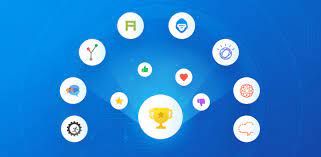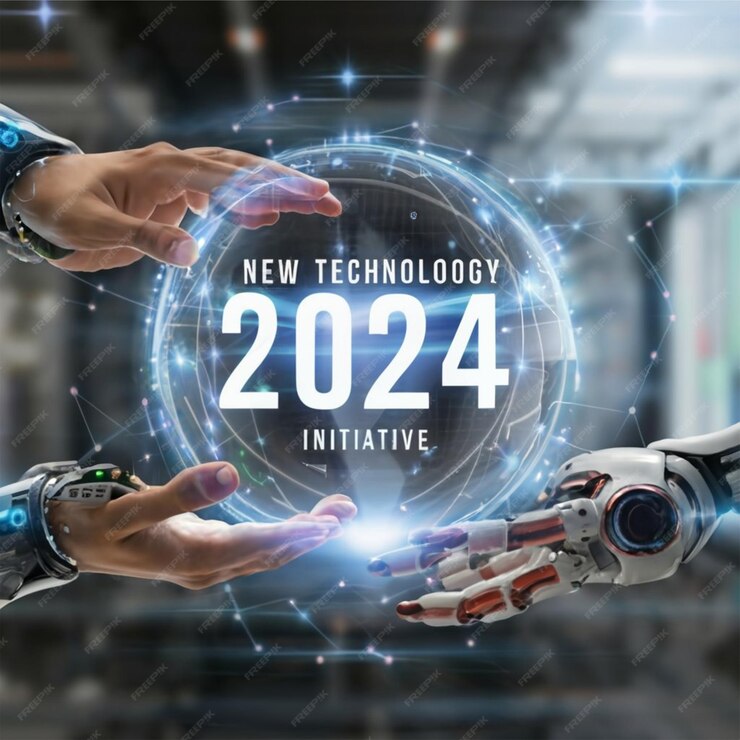In the modern landscape, where technological advancements redefine the boundaries of what’s possible, artificial intelligence (AI) stands as a beacon of hope, promising to revolutionize industries, enhance productivity, and enrich lives. While debates often highlight the potential risks and ethical concerns associated with AI, it’s equally essential to recognize and celebrate its myriad of positives. From fostering innovation to tackling global challenges, AI holds the key to unlocking a future filled with opportunities for progress and prosperity.
Table of Content
- Introduction
- Increased Efficiency and Productivity
- Innovative Solutions to Complex Problems
- Enchanced Personalization and User Expereince
- Advancements in Healthcare and Medicine
- Empowering Education and Lifelong Learning
- Environmental Sustainability and Conversation
- Fostering Economic Growth and Job Creation
- Promoting Accessbility and Inclusivity
- Conclusion
Increased Efficiency and Productivity:
One of the most significant advantages of AI lies in its ability to automate tasks, streamlining processes, and boosting efficiency. Through machine learning algorithms, AI systems can analyze vast amounts of data with unparalleled speed and accuracy, enabling organizations to make data-driven decisions promptly. This not only saves time but also enhances productivity, allowing human workers to focus on more complex and creative endeavors.
Innovative Solutions to Complex Problems:
AI serves as a catalyst for innovation by offering novel solutions to some of the most pressing challenges faced by humanity. Whether it’s optimizing supply chains, predicting natural disasters, or developing personalized medicine, AI algorithms can uncover patterns and insights that traditional methods might overlook. By harnessing the power of AI, researchers and practitioners can tackle complex problems with newfound efficiency and precision, driving progress in various fields.
Enhanced Personalization and User Experience:
AI-powered systems have revolutionized the way businesses interact with their customers, offering personalized experiences tailored to individual preferences and behaviors. From recommendation algorithms on streaming platforms to virtual assistants on smartphones, AI adapts to user needs in real-time, providing a seamless and engaging experience. This not only improves customer satisfaction but also drives loyalty and brand affinity in an increasingly competitive market.
Advancements in Healthcare and Medicine:
In the realm of healthcare, AI holds tremendous promise for transforming patient care, diagnosis, and treatment. Machine learning algorithms can analyze medical images, identify patterns indicative of diseases, and assist healthcare professionals in making more accurate diagnoses. Moreover, AI-driven drug discovery platforms are accelerating the development of novel therapies, offering hope for combating diseases that have eluded traditional treatment methods.
Empowering Education and Lifelong Learning:
AI technologies are reshaping the landscape of education by providing personalized learning experiences tailored to individual students’ needs and abilities. Adaptive learning platforms leverage AI algorithms to assess students’ strengths and weaknesses, delivering customized educational content and feedback. Additionally, AI-powered tutoring systems offer support and assistance to learners, helping them master complex concepts and skills at their own pace.
Environmental Sustainability and Conservation:
AI plays a crucial role in addressing environmental challenges and promoting sustainability initiatives across the globe. From optimizing energy consumption and managing natural resources to monitoring wildlife habitats and combating illegal poaching, AI-driven solutions are instrumental in protecting the planet’s delicate ecosystems. By harnessing AI technologies, policymakers and conservationists can make informed decisions that balance human development with environmental preservation.
Fostering Economic Growth and Job Creation:
Contrary to popular fears of job displacement, AI has the potential to foster economic growth and create new job opportunities in emerging fields. While certain routine tasks may be automated, AI also spurs the creation of new industries and professions, such as data science, machine learning engineering, and AI ethics consultancy. Moreover, AI-driven innovations stimulate entrepreneurship and fuel technological advancements, contributing to overall economic prosperity.
Promoting Accessibility and Inclusivity:
AI technologies have the power to break down barriers and promote inclusivity by enhancing accessibility for individuals with disabilities. From speech recognition systems for the visually impaired to smart prosthetics controlled by neural interfaces, AI-driven innovations empower people of all abilities to participate fully in society. By prioritizing accessibility and inclusive design, AI developers can ensure that technology benefits everyone, regardless of their physical or cognitive limitations.
Conclusion
In conclusion, the positives of artificial intelligence are manifold, offering a glimpse into a future where innovation, efficiency, and progress reign supreme. By harnessing the transformative potential of AI, we can overcome challenges, improve lives, and build a more sustainable and inclusive world for generations to come. However, it’s essential to approach AI development and deployment with caution, prioritizing ethical considerations and human-centric values to ensure that the benefits of AI are realized equitably and responsibly. As we navigate the complexities of the AI-powered era, let us embrace the positives of artificial intelligence as a force for good, propelling humanity towards a brighter and more prosperous future.


